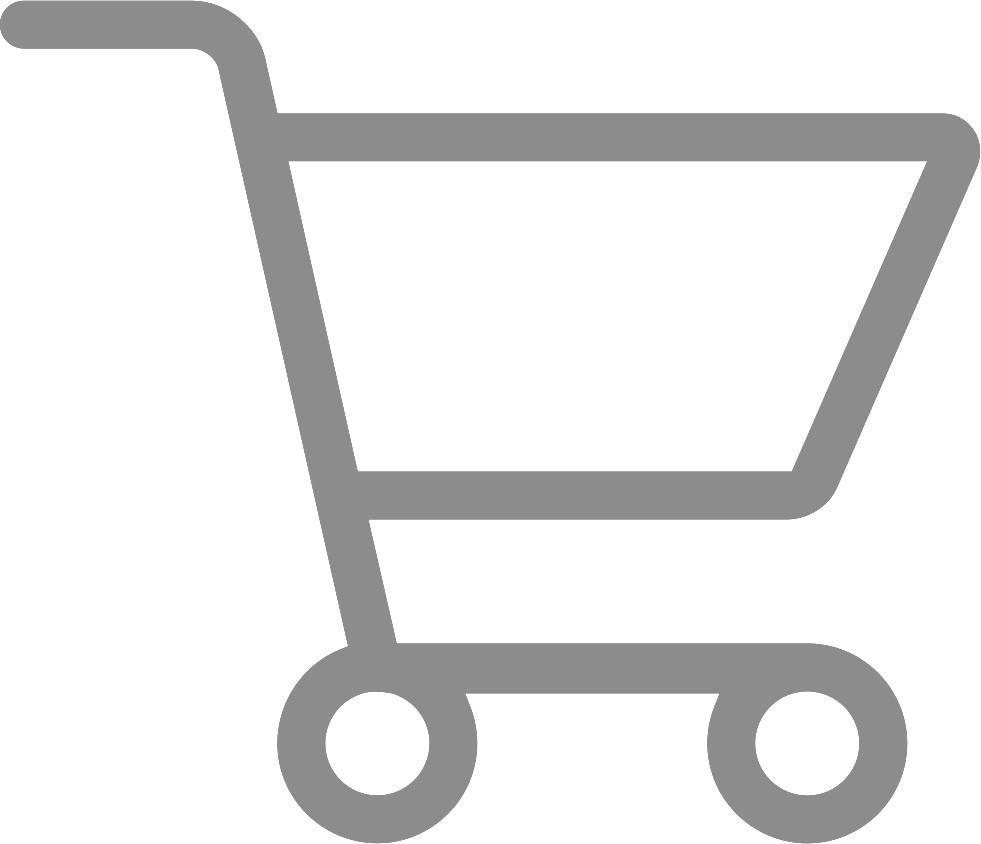The idea of having fine needles placed into your skin might not sound like a relaxing way to improve your sleep, but research suggests that acupuncture could be a surprisingly effective remedy for insomnia.
What does the research say?
A 1999 study found that acupuncture had a noticeable impact on people experiencing insomnia symptoms. Further research in 2004 discovered that acupuncture could increase melatonin levels, a hormone that regulates sleep, in patients with anxiety. As a result, they were able to fall asleep quicker, stay asleep longer, and feel less stressed overall.
How does it work?
Acupuncture is based on the idea that energy, or "qi," flows through pathways in the body. When this energy is blocked or disrupted, it can lead to health issues, including insomnia. Acupuncture involves inserting thin, painless needles into specific points on the body, known as meridians, to restore the flow of energy.
Some evidence also suggests that acupuncture may benefit those with sleep apnoea, possibly by strengthening the tongue and preventing it from obstructing the airway during sleep.
Is acupuncture right for you?
If insomnia has been troubling you for a while, it’s always best to consult your GP to rule out any underlying health issues. Assessing your sleep habits is also crucial: Are you getting enough exercise? Could cutting back on caffeine or stopping smoking before bed help?
Once these factors are addressed, acupuncture could be worth considering as an alternative therapy. Keep in mind, though, that multiple sessions are often needed before noticing significant results. Always ensure you choose a qualified, experienced practitioner who can fully explain the process and answer any questions before starting treatment.
To learn more about how REM-Fit can help you achieve better sleep, please email our knowledgeable team at sales@rem-fit.co.uk.





